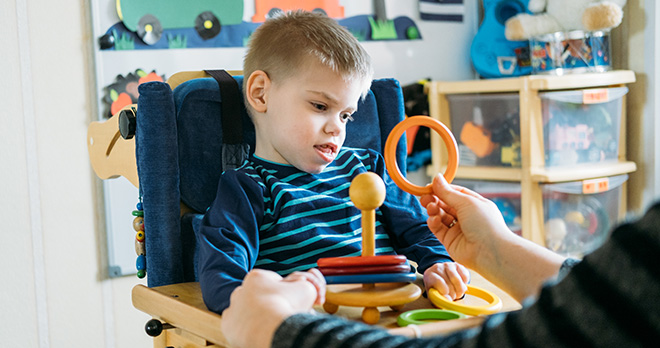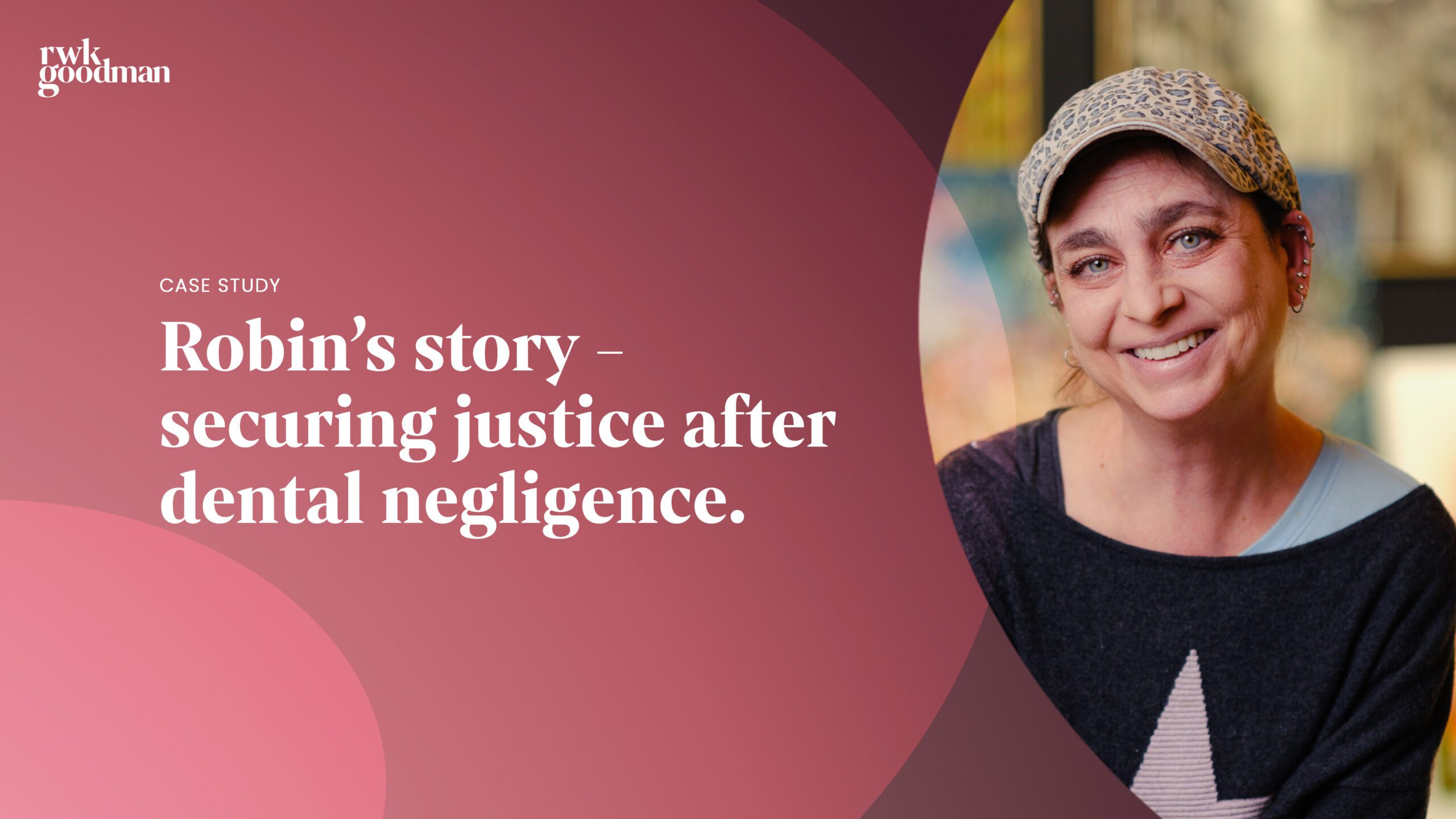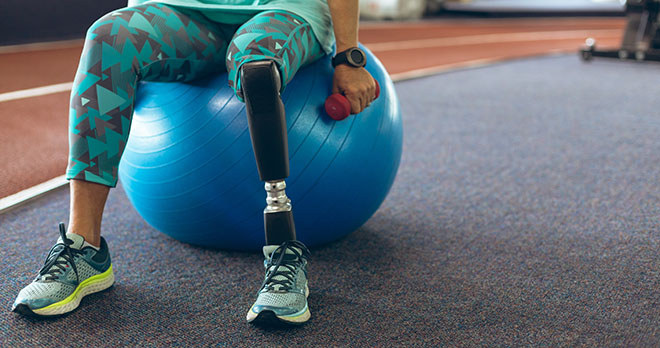Paediatric brain injury and the education system

Over 40,000 children are affected by an acquired brain injury (ABI) each year according to NHS England. This is the leading cause of disability in childhood. It is sadly the case that the rate of these types of injuries is growing each year.
There are many causes of brain injury and these can include:-
- Road traffic collisions
- Assaults
- Falls
- Strokes
- Brain tumours
- Infections such as meningitis and encephalitis
Whatever the cause of the brain injury, it will in most cases be life changing and devastating for the child and their whole family. It will be a frightening and stressful time for the child and those around them.
In the case of an accident, the child will complete their initial recovery, where they may have sustained other physical injuries such as cuts, bruises, and broken bones.
Whatever the cause of the ABI, after the initial recovery is complete, the child will then face ongoing challenges for the months and years ahead, which are the invisible effects of the brain injury which will continue through their childhood, and which will have a huge impact on their education.
Some of the ongoing symptoms, which are likely to be suffered by a child with an ABI are:-
- Behaviour difficulties
- Memory problems
- Concentration issues
- Problems with sleep
- Fatigue
- Balance and coordination issues
- Speech and language problems
- Interactions and communication with others
- Difficulties with learning
- Emotional difficulties such as anxiety and depression
- Organising and planning.
It is easy to see how these kinds of problems present enormous difficulties for a child within the education system and highlights the need for high levels of support to allow that child to achieve their full potential. Following ABI many children find the noisy, talkative environment of school with unstructured lessons very hard to deal with. The need for specialist report will be essential to allow them to progress and flourish. Unfortunately, the support required is not always available.
One of the main challenges faced by children with an ABI is for them to successfully re-join education as ongoing difficulties often go undetected within the classroom. Another big challenge is being able to access the appropriate services and funds to provide the support which is needed.
Whilst some children have the benefit of an Education, Health and Care Plan (EHCP) in place during their education, these are often drafted too vaguely, with not enough input and funds may not be available to give the child the support that is needed. The level of funding that might be made available greatly varies from one area to another.
It is fair to say that any child who has suffered an ABI, as well as their families, will face big challenges in the years that follow as they try to navigate their way through education as they grow.
Within the Bristol area, there is support available through the fantastic work carried out by local charities. One of these charities is the SHIPS Project.
SHIPS Project
SHIPS (Supporting Head Injured Pupils in School) was set up by Dr Sian Rees around 20 years ago and is dedicated to helping young people who have sustained an ABI. SHIPS is based in Bristol and serves the South-West of England and South Wales. SHIPS has helped 300 young people in the last 20 years who have sustained an ABI or neurological difficulty.
SHIPS assist in educating the children with the ABI and the adults around them (family, teachers, SENCOs, Learning Support Assistants). In doing so, this gives the child a greater chance in fulfilling their potential.
As the needs of each child will vary, SHIPS work closely with the young person to develop a plan which suits them. This could be to assist with accessing qualifications in mainstream schools or developing life skills during school. There will also be cases where a child requires assistance in developing their own independence.
SHIPS offer a range of training days, “lifeboats” and parent support groups to help children and the adults around them. They work tirelessly to spread awareness and understanding of ABI and offer help to those who need it.
SHIPS know only too well how children can appear to be like any other pupil in the class but that underneath they have significant difficulties which need to be addressed. It may not be clear immediately after an ABI and may take some years to become evident. SHIPS aim to assist the child to identify what these issues are and assist in overcoming them, whilst also supporting parents, siblings and teachers with their understanding.
Dr Sian Rees of SHIPS spoke with RWK Goodman in 2022 when she said the following:-
“Some children lose a lot of their language, perhaps both expressive language and receptive language, or they might keep one and lose the other. Some young people lose their orientation and that might affect some subjects, while it doesn’t affect others. If they have learnt to read, they probably will maintain that, but then they might not be able to comprehend what they are reading. Organisational skills might be lost; or those might be intact and something else is going to go. There’s a very, very wide range of difficulties that these children could experience”.
“A lot of young people will come out of the hospital with nothing (no help). People will [simply not identify the issues]…particularly with children who have had, say, meningitis when they were two, doctors will simply say ‘you’re back to normal now'”
Children’s coping mechanisms can also mask issues in education, as Dr Rees has found in her work. She said:
“Another issue we often pick up on is adolescents pretending to be able to read when they really can’t read. At that point, if I ask ‘Were you ever in hospital for a longish time?’, I often hear back ‘Oh yes, when I was seven. I had chicken pox and I ended up in intensive care’, and I think ‘Oh right, here we go again’. Nobody’s identified this; nobody’s put it together with a brain injury. And because I work for Hospital Education Service in Bristol as well, this is when we can pick it up locally”.
Contact our enquiries team to find out more about how our claims specialists can help people living in Bristol.
Call today






